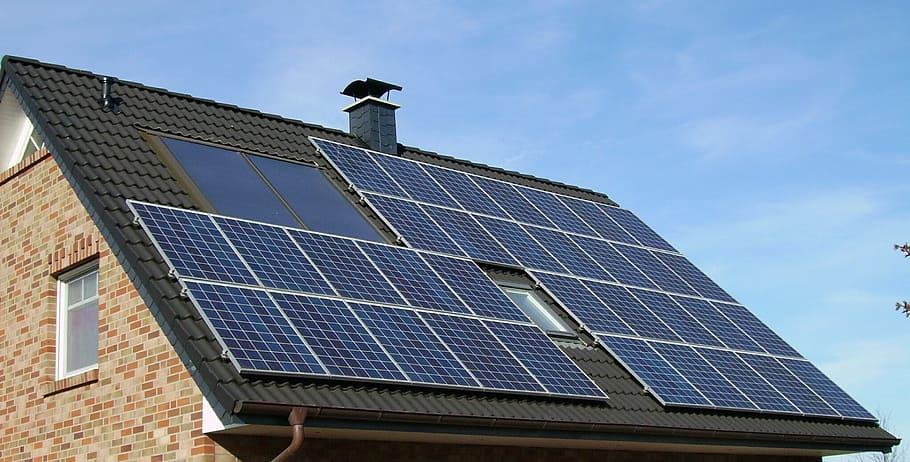Emergent Energy has been awarded an Energy Regulation Sandbox by Ofgem for its smart local energy system solution.
It is the first Sandbox derogation to be part of the Balancing and Settlement Code, giving Emergent unique permission to trial a new energy process on a microgrid network that allows households to switch energy supplier. Going forwards, this will be essential to ensure microgrids can operate fairly and cost effectively the company said.
The award will allow Emergent to trial its switching concept while scaling up its current offer for housing companies, where it has delivered nine smart local systems to date.
“All consumers should be able to switch energy supplier and benefit from cheaper bills irrespective of where their home happens to be,” said Anna Rossington, interim director of retail at Ofgem.
“We’re pleased that the Regulatory Sandbox will give Emergent the flexibility to trial a new approach that could help consumers on private electricity networks – many of whom may be living in vulnerable situations – get access to the full range of deals available to other energy shoppers.”
Emergent’s smart solution operates microgrids made up of heat pumps, solar PV and electric vehicle chargers, leasing the equipment from housing companies and using it to supply green electricity and heat to on-site residents.
It integrates the equipment with battery storage, big data analytics and algorithms to reduce running costs, passing on savings to residents’ bills. Regular long-terms payments are made to the housing companies from profit gains from the optimised running of the microgrid, which can cut 25% of the cost of installing a heat pump or solar PV today, a figure which the company expects to rise to 100% by 2025.
Reg Platt, founder and CEO of Emergent, said with the ban on gas boilers in new homes approaching, along with increasing standards in the housing sector, developers need to generate “investible returns on infrastructure spending” in order to reach net zero.
“Our integrated model provides a return on investment to housing companies and shares the benefits of the technologies across households that would otherwise not be able to afford it. At the same time we ensure the new technologies are efficiently integrated into the national electricity system by balancing electrical supply and generation loads locally, which reduces pressure on the national grid.”





